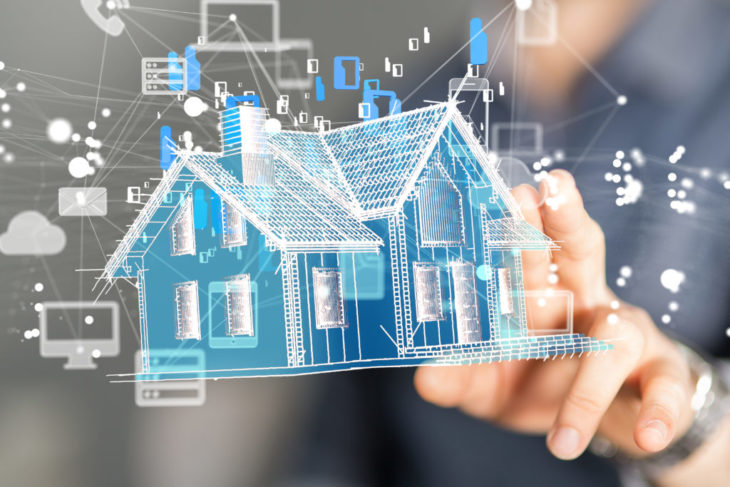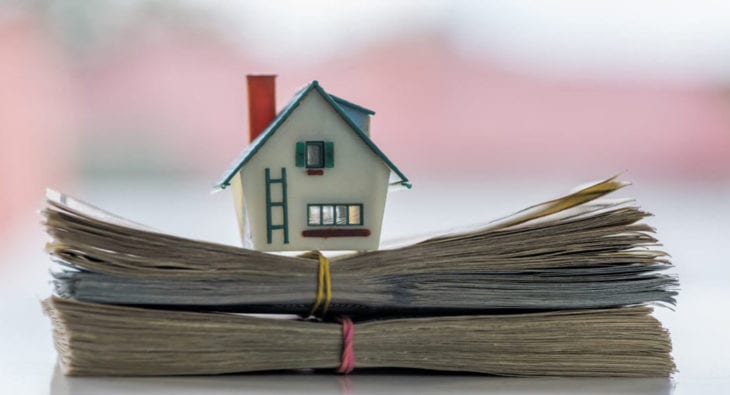Whether it’s because you can’t stand another day with a slobby roommate, one more night of smelling the Indian food your neighbors are making for dinner or living in 300 square feet of space (honestly, don’t animals at the zoo have grander quarters?), there comes a time in every girl’s—or couple’s—life when she begins seriously considering purchasing a home of her own. Before taking the steps to make your fantasy a reality, however, it’s important to make like a Girl Scout and be prepared. After the jump, Manisha Thakor, a personal finance expert for women, weighs in on all of the things you should “be” before you buy your first home.

Source: information-age.com
Contents
Be high-interest debt-free
Before you even begin to think about buying a home, Thakor says you (or you and your partner) should be free of high-interest debt. This includes credit card debt, student loans, car loan debt or other debt with a double-digit interest rate. “A home is a very big financial responsibility,” she asserts. “As such, you should purge all your negative financial baggage before taking it on.”
Be able to put 20 percent down
Thakor feels very strongly that you should wait until you can put 20 percent down on a house before you make a purchase. “Yes, you can buy a home with less down, but if you are struggling to come up with that 20 percent, that’s a sign that either you are stretching to buy more home than you can afford and/or you’re not sufficiently far along in your journey to financial strength to take the plunge,” she says.
Be able to live in the home for at least five years
As the costs associated with buying and selling a home can easily add up to 10 percent of the purchase price, Thakor advises that you be prepared to live in your home for at least five years so as to avoid losing this money. “As we’ve learned all too painfully in the market collapse of 2008-2009, home prices don’t always go up year after year,” she explains. “A five-year stay gives you better odds than you’ll recoup the costs of buying and selling with market appreciation.”
Be mindful of what you can truly afford
As a general rule, Thakor says you can comfortably afford a home with a total purchase price of up to three times your annual household income. “Remember that the cost of owning a home includes much more than just your monthly mortgage payment—there’s property taxes, insurance, upkeep, etc., which can run as much as one to three percent of the purchase price of your home every year,” she says. When you keep your total housing costs to one-third or less of your gross salary, you’ll leave plenty for other essentials like food, transportation, healthcare, childcare, clothing, fun and, perhaps most importantly, savings.
How much home you can afford, you can explore by using HomeLight calculator.

Source: rd.com
Be savvy when shopping for loans
These days, mortgage varieties are as plentiful as Tiger Woods’ mistresses. “As mortgage rates vary, I advise shopping for the best one by visiting one branch of each of the following: a national bank, a local bank and a local credit union so you can compare,” Thakor advises. She also recommends leaning towards choosing a 15- or 30-year fixed-rate mortgage, cautioning that adjustable-rate mortgages, despite having lower monthly payments in the early years, ultimately make you gamble on the likelihood that you’ll be able to refinance at lower rates in the future or that you’ll sell your house before the mortgage rates rise.
Original by Chelsea Kaplan
